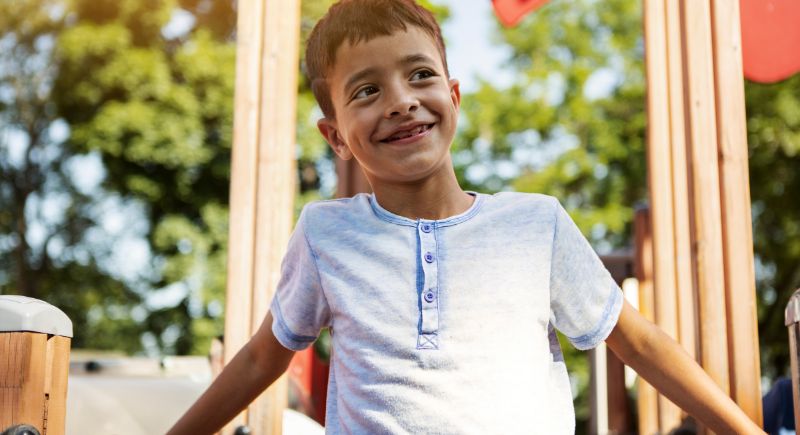4 Things You Need to Know to Be a Successful Parent
Every parent has asked themselves the same question at least once, usually after a tough day involving soggy socks, forgotten lunches, or a full-body crayon mural on the wall: Am I doing this right? The truth is, if you’re thinking about how to be a better parent, you’re probably already doing a lot better than you think. Successful parenting doesn’t come from perfection. It comes from consistency, connection, and understanding what really matters to your child. According to decades of child development research, four key habits can help parents raise happy, confident kids who feel secure, supported, and seen.
Let’s examine those habits and learn how to implement them without needing a shelf full of parenting books or a PhD in child psychology.
Warmth and Limits Go Hand in Hand

Image via Unsplash/Jonathan Borba
Kids do best when they know they’re loved and also know where the lines are. Experts often refer to this as the “authoritative” parenting style, not to be confused with authoritarian. The difference is big. One is built on mutual respect and guidance; the other is all rules, no room. Research going back to developmental psychologists has consistently shown that children raised in households that balance warmth with structure tend to be more emotionally stable, socially competent, and better at solving problems.
This approach works because it gives children two things they crave: emotional security and clear expectations. Being warm doesn’t mean giving in. It means your child knows you’ll show up for them emotionally, even when they’re pushing every button. At the same time, limits teach responsibility and help kids understand the real world, where actions have consequences.
Focus on the Relationship First

Image via FreePik
Parenting isn’t a checklist. It’s a relationship. And the quality of that relationship has more influence on your child’s development than any single moment or rule. When kids feel securely connected to their caregivers, they’re more likely to talk about problems, accept guidance, and grow into emotionally resilient adults. That could mean reading together for ten minutes, talking during a car ride, or simply offering a hug when they’ve had a rough day.
One useful exercise: picture your child as an adult being interviewed about their childhood. What would you want them to say about how you treated them? Were you calm? Kind? Did they feel heard? That vision can shape how you respond in the hard moments. Experts say the goal isn’t to avoid conflict but to maintain the bond through it. Kids make mistakes. So do parents. The stronger the relationship, the easier it is to repair, reconnect, and move forward.
Let Them Become Themselves

Image via FreePik
Supporting independence starts early. The more children are allowed to explore their interests, make decisions, and speak their minds, the more likely they are to grow into confident, capable adults. Clinical psychologists refer to this as “autonomy support”—a parenting approach that encourages self-direction while still providing guidance. This shows up in simple ways, like letting them pick out their clothes, choose hobbies that excite them, or talk through a mistake without fear of being scolded.
When kids feel accepted for who they are, they’re more willing to take risks, try new things, and come to you when they’re struggling. That honesty is worth more than any award or perfect grade. It also helps lower anxiety and builds emotional awareness, which is key for navigating everything from friendships to failure.
Take Care of Yourself, Too

Image via FreePik
It’s harder to be patient when you’re running on fumes. Research shows that parental stress, burnout, and poor mental health can affect everything from communication to discipline. That’s just how the brain works. When stress piles up, the ability to respond calmly drops fast. That’s why experts encourage parents to check in on their own well-being as a parenting skill in itself.
This can look like getting some extra sleep, stepping outside for a few minutes, or talking things out with another parent who understands the chaos. It can also mean reaching out to a professional because parenting is a marathon, and everyone needs help sometimes.
Parenting That Works Long-Term

Image via Unsplash/Guillaume de Germain
There’s no single blueprint for raising great kids. But when you combine love, boundaries, time, and care for both your child and yourself, you give them what decades of research says they need to thrive. Every child is different, and every day brings something new, but those four pillars—connection, structure, autonomy, and self-care—can help guide the way through it all.